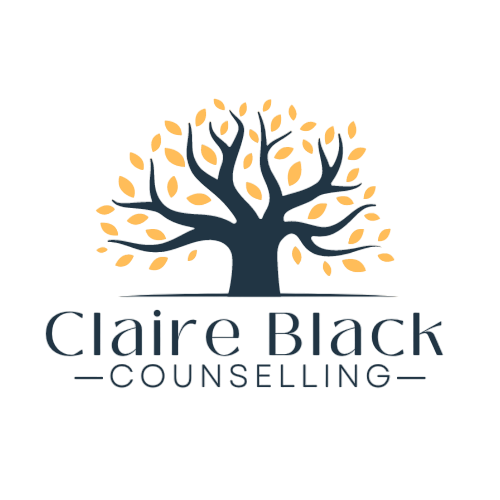Questions to ask when looking for a counsellor
Research shows that one of the most important aspects of counselling is the relationship between you and your therapist - known as the therapeutic relationship. Working with a therapeutic counsellor can help you find better ways to cope with your problems and improve your emotional wellbeing. A strong therapeutic relationship can help you feel held while you face your challenges and heal from painful events in the past.
Sharing personal or intimate details with someone can feel daunting, so it’s essential that you find a therapist you can trust. The right therapist will help you to feel safe, understood and heard. When looking for a counsellor, it's important to ask the right questions to ensure they are a good fit for your needs.
Here are some helpful questions to consider:
Counselling approach and methods
What therapeutic approaches do you use (e.g. Cognitive Behavioural Therapy, Psychodynamic, Humanistic, etc.)?
How do you typically structure a session?
What can I expect from the counselling process?
What is expected of me?
Counselling qualifications and experience
What are your professional qualifications and certifications?
Are you registered with an ethical body?
How long have you been practising counselling?
Do you have experience working with clients who have issues similar to mine (e.g., anxiety, depression, trauma)?
Counselling session details
How long is each session, and how often would we meet?
What is the cost per session?
What is your cancellation policy?
Where will we meet for our sessions?
Availability and communication
What if I need support between sessions?
What is your availability, and how quickly can I expect to get an appointment?
Do you offer remote or online counselling sessions if I can't attend in person?
Confidentiality and ethics
How do you ensure confidentiality and protect my privacy?
Are there any circumstances where confidentiality might be broken?
What ethical guidelines do you follow in your practice?
Cultural and personal fit
How do you approach working with clients from diverse backgrounds?
Have you worked with individuals who share my cultural, religious, or identity-based concerns?
Can you accommodate any specific needs I may have?
Expected outcomes of counselling
What could I hope to achieve through counselling?
How do you measure progress during counselling?
What should I do if I feel like the therapy is not working or not a good fit?
In everyday relationships, such as with family and friends, it can be challenging to openly share your feelings without holding back. When it comes to choosing the right therapeutic counsellor, it's vital that you feel like you can open up to them to reach the outcome you want. If you don't feel comfortable with the first therapist you meet, you can say no. This relationship could have a meaningful impact on your life so it's important to take care with this decision.
